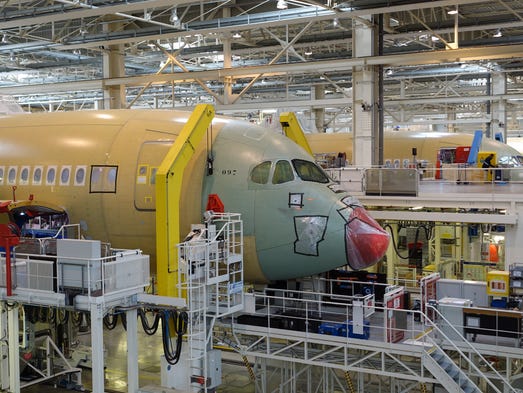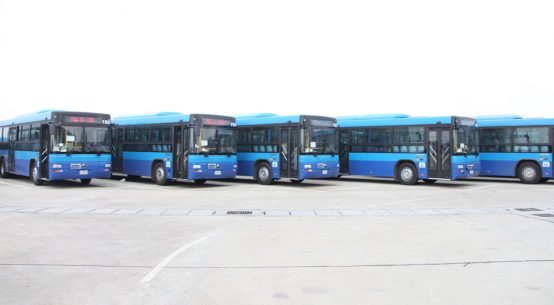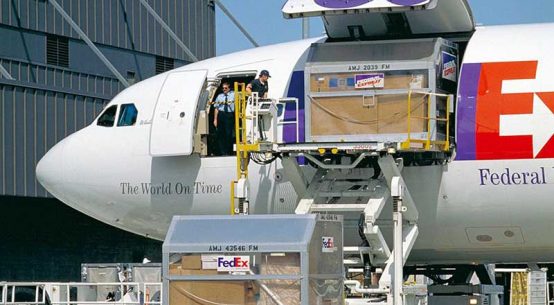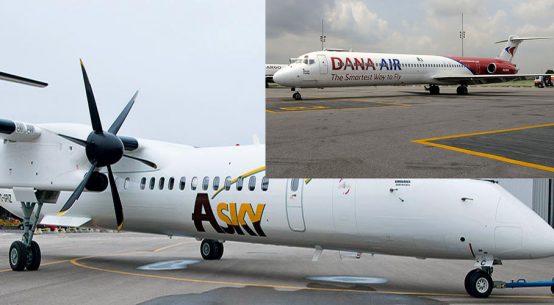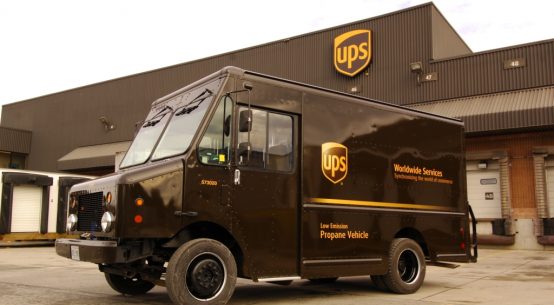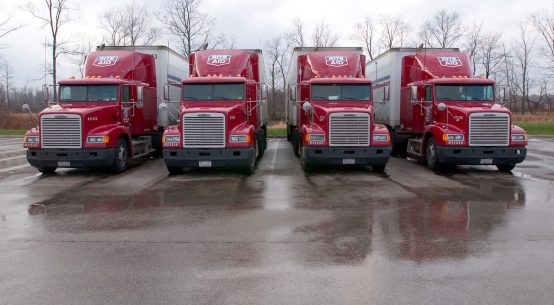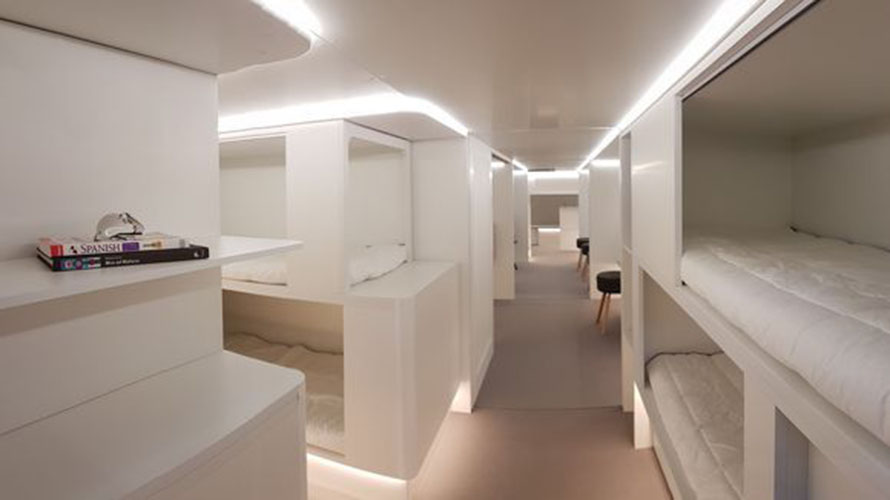
This image, provided by Airbus, shows what cargo hold sleeper berths might look like if added to some of its long-haul wide-body jets. (Photo: Airbus)
You might soon be able to sneak down to the cargo hold for a nap the next time you take an ultra-long trans-oceanic flight. That’s the idea being floated by plane manufacturer Airbus and seatmaker Zodiac Aerospace. The companies say they’re working to develop “sleeping berths” that could be installed in the cargo holds of certain long-range Airbus aircraft.
Airbus and Zodiac Aerospace say the cargo compartment modules would “offer new opportunities for additional services to passengers, improving their experience while enabling airlines to differentiate and add value for their commercial operations.”
The companies say they hope to offer the option to airlines for orders beginning in 2020. Initially, the sleeper modules would be offered on Airbus’ A330 widebodies, either on new deliveries or with an option to retrofit existing aircraft. Adding the option to Airbus’ new long-range A350 jets “is also being studied.”
It’s unclear how the sleeper berths might be offered to passengers. Decisions on how to market and sell such options are typically left up to airline customers.
Airbus and Zodiac Aerospace did not detail any specific concepts, but it’s likely passenger carriers would consider several options. One might include selling access for passengers sitting elsewhere on the plane, presumably letting them pay for several hours — or perhaps an entire flight’s worth — of time in the sleepers.
Some higher-end carriers might explore the idea as a possibility to add a lounge area, where one of the perks could be a nap.
Airbus and Zodiac offered several concepts in mock-ups accompanying their press statement. One shows a standard lounge; others show options that include a conference room, a “kids and family zone” and even a “medical care zone.”
Absent additional details, the berths are unlikely to become an option for the entire duration of a flight. Safety rules require passengers to be buckled into seats during takeoff and landing, and it’s not clear whether such an option would be available in a cargo area of sleeper berths. It also seems unlikely that a passenger would want to commit to a sleeper berth for flights of eight hours or more without a dedicated option for upright seating, or windows.
“The modules would not be occupied during takeoff or landing,” Airbus spokesman Martin Fendt said by email to USA TODAY’s Today in the Sky blog. “These underfloor sleeping berths would be aimed more towards economy class market, and would be available for a lower price for a passenger than a premium class flatbed seat.”
Airbus and Zodiac Aerospace touted the ease of installation to carriers, saying modules would be “easily interchangeable with regular cargo containers during a typical turnaround if required. Moreover, the aircraft’s cargo floor and cargo loading system will not be affected at all, as the passenger module will sit directly on it.”
For now, Airbus and Zodiac Aerospace will test the market to see if any airlines are interested.
There might be at least one. Last month, the CEO of Australian carrier Qantas — which just launched a 17-hour route between Perth and London — expressed interest in such an idea.
“One of the concepts that we have is maybe if we’re not carrying freight you do something lower where cargo is on the aircraft; do you have an area where people can walk? Do you have berths like on a train?” Qantas’ Alan Joyce said during a March conversation quoted by The Sydney Morning Herald.
“There’s a lot of ‘out there’ thinking that’s going on,” Joyce added. “I don’t know if in 2022 if there’s another going to be another class, but if there is Qantas is likely to be the airline that creates it.”
.



